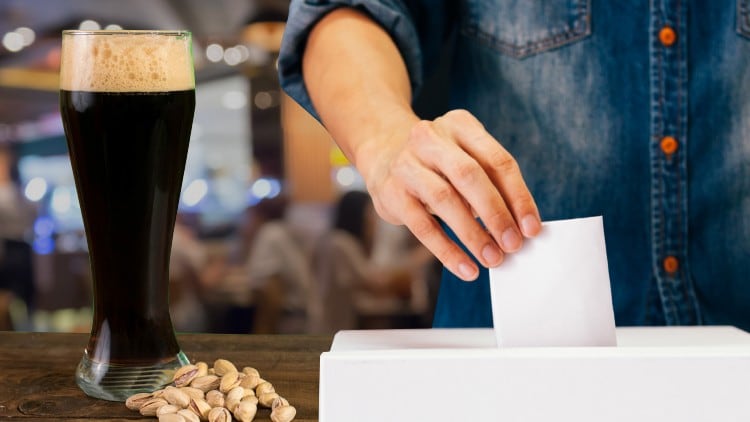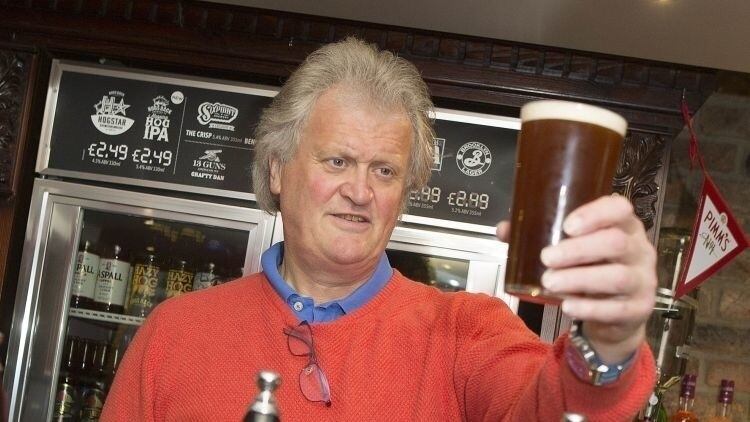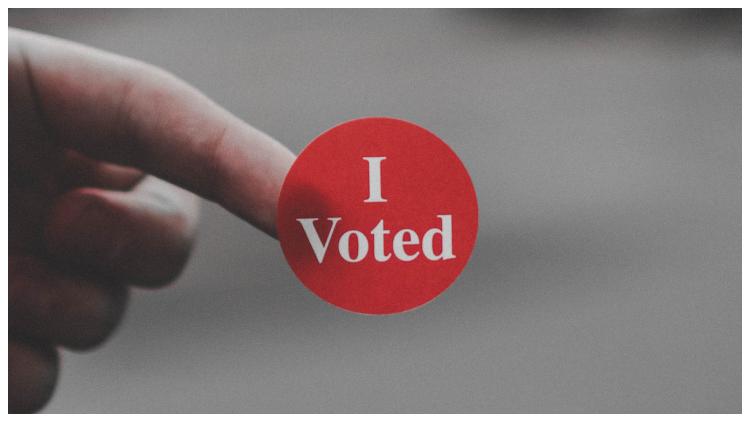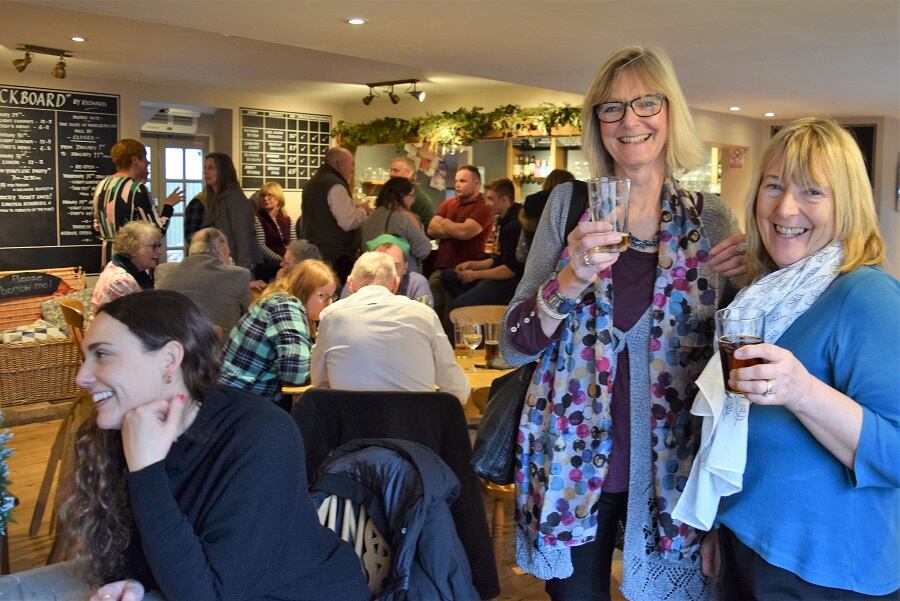India, the world’s largest democracy, toasts election day by banning the sale of alcohol while ‘leyes secas’ – or ‘dry laws’ – are still vigorously enforced across Latin American countries including Argentina, Brazil and Mexico. What’s more a number of local authorities in the US still prohibit alcohol sales on election day.
Britain, however, takes a far more relaxed stance on mixing politics and alcohol – perhaps mercifully given collective exasperation with Brexit ‘groundhoggery’ and the paucity of strong candidates. While stretching to JD Wetherspoon levels of political conjecture may not be for everyone, many operators have opened their doors to the bean counters on polling day.
“More than just a place to eat and drink, pubs are a social centre, the heart of the community and bring us all together,” Emma McClarkin, chief executive of the British Beer & Pub Association, states.
“The use of pubs as polling stations where appropriate is yet another great example of the vital role they play in our lives and communities up and down the country.”
Festive disruption
According to Peter Stanyon, the Association of Electoral Administrators’ chief executive, teams review and research polling station venues every few years to find locations that are within easy reach for all electors, accessible for voters with disabilities and are affordable.
Yet, while schools are most commonly used in light of legislation compelling them to make themselves available free of charge for polling, the first December general election since 1923 has yielded a unique problem to which the on-trade could provide an answer.
Conservative Michael Tomlinson of Mid Dorset and North Poole told parliament on 29 October that “concerns have been expressed on ‘Mumsnet’ that nativity plays and the like may be interfered with” while fellow Conservative Tim Loughton of East Worthing and Shoreham was adamant that “we should not be using schools as polling stations, we should not be interfering with children’s education.”
Loughton told parliament that, for a number of years, alternative polling station locations to schools had been sought out of concerns over denying children their education – with many local authorities plumping for the pub instead.
Stanyon explains that, for rural communities, pubs are often the only suitable venues for polling stations given they’re well-known landmarks in more isolated towns or villages and have the added benefit of having parking on site or nearby.
However, he adds that while many pubs seem a perfect tonic for school disruption this December, they also pose challenges that may put the brakes on local officials popping by their local in the search for alternative polling stations.
Do you think pubs are suitable locations for polling stations?
Yes – 72%
No – 28%
Source: MA Twitter poll
“Pubs aren’t always a straightforward option to use as a polling station, but they are considered during polling place reviews and can be among the best or only choice in small or rural communities,” he explains.
“There are pros and cons to using a pub as a polling station, but that’s true of many venues.
"We know that many publicans have been incredibly helpful in the run-up to the second major unscheduled election of the year, and I raise my glass to them.”
He explains that smaller pubs may find difficulty in maintaining voter privacy and the secrecy of a ballot during opening hours while the need to avoid political campaigning or literature being displayed in and around the polling station may be difficult for publicans to guarantee.
What’s more, with compulsory polling place reviews every five years, closure rates for pubs must also be kept in mind, he says.
Religious issues
Stanyon adds that election teams scouting polling station venues must also bear in mind that some voters may have religious or cultural objections to going into a pub – a point raised by Ian Mearns, Labour MP for Gateshead, in parliament on 29 October.
“I would be very happy to vote in a pub, but many of my neighbours from the Orthodox Jewish community might not be,” he explained. “We should think about religious orthodoxy and the use of public houses as polling stations.”
“I think that Pub is The Hub would advocate that the decision should made by the licensee themselves based on their own situation – and that of their community,” John Longden, chief executive for Pub is The Hub, added.
“Many pubs will be very busy in the run-up to Christmas and licensees will have to consider the ability of the building and the staff to manage. At the same time, consideration needs to be given to people who wouldn’t necessarily feel comfortable in visiting a pub to vote.”
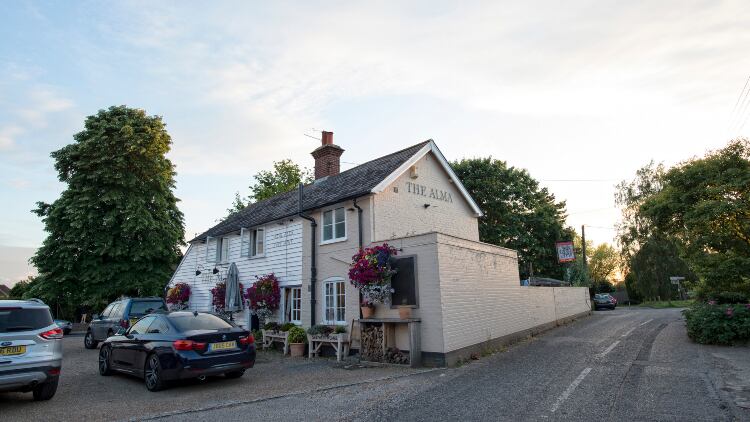
Brexit buzz
“Depending on the type of event, whether a general election or when it was Brexit, we put up a marquee in the garden right next to our pub,” Claire Annand of the Alma – whose pub has served as a polling station for more than five years in Faversham, Kent – explains. “We’re up at 6am and the election officials are here just after and set themselves up.
“Then we open all day, which we don’t normally because they need to use the facilities – the guys come in here for a drink and to keep themselves a bit warmer. Then they finish at 10pm. They’ve got heaters out there but obviously we do tea and coffee runs during the day for them and things like that.”
Annand, who usually charges £150 for the council to use the venue for the day, explains that landmark days such as the referendum on EU membership in 2016 helped boost her pub’s footfall and bottom line.
“It was the busiest election event we’ve ever done,” she explained. “People were all talking about it that time. Normally people just vote, maybe come and see a friend, but with Brexit, there was a buzz about what was happening.”
Marginal gains
Even before Reiner Hecken took over at Brakspear pub the Fox & Hounds in Henley, Oxfordshire, the pub had served as its area’s polling station for many years. “There is no community hall so the pub’s always been the polling station for the wider area,” he says.
“There’s a bit more footfall coming to the pub on the day – I would say 50% don’t stay and some might just have a quick beer – but there is definitely a marginal increase in trade.
“The council also pays me a small amount (£200) to rent to pub. Obviously this time around I had to ask for a little bit more because 12 December is during our busiest time, being near Christmas.”
Hecken adds that serving as a polling station has given the pub exposure over the years, with the Fox & Hounds featured in both local, national and international media.
“Generally, it is beneficial because it’s another thing that brings the community together,” he says. “It sometimes brings people into the pub who are not usually pubgoers – they see how nice it is and sometimes can be persuaded to come back. As a community service it’s valuable.”
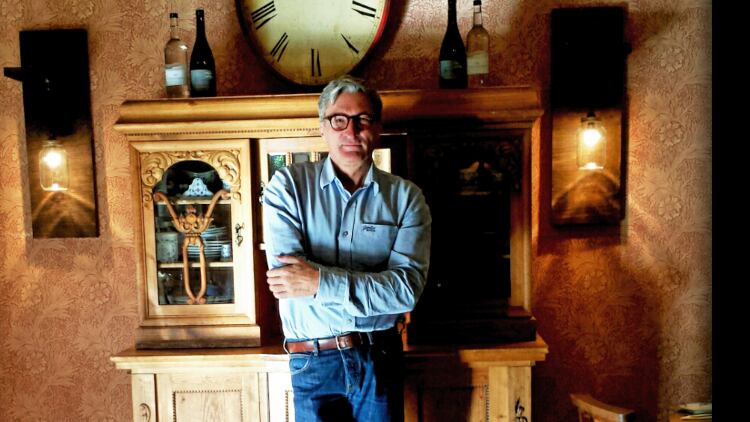
Politics as an ice breaker
Debbie Young of the Jovial Monk in Swindon uses polling days as an opportunity to break the ice with new customers. Her pub will be the local polling station for the second time on 12 December, after seeing an increase in trade during the last election.
“In the evening people were stopping by and having drinks outside after - which was good for business, good for me and good for the community,” she explained. “It brings people to the pub that haven't been in for many years - or not at all if they've moved to the area recently."
"A lot of the feedback I had was that people hadn't been in here for years and didn't realise that, since I've taken over, the atmosphere and decor have changed. As a woman on my own with all female staff, it’s a bit more feminine and brighter and has a nicer atmosphere.”
MA poll reveals publicans split over Johnson and Corbyn
Ahead of election day on 12 December, a poll has found that 51% of publicans believe current Prime Minister Boris Johnson would do a better job of safeguarding pubs than Labour leader Jeremy Corbyn.
Read more here
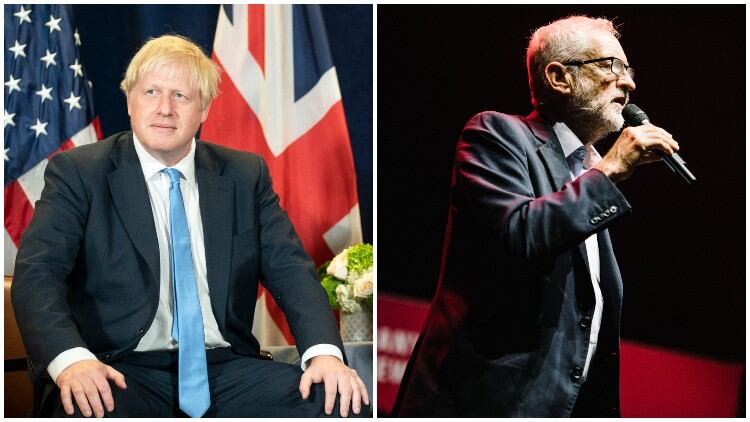
A business opportunity
Licensee of the Station Hotel in Ipswich for more than seven years, James Langan has made the decision for his pub to serve as a polling station for the first time in the forthcoming election after spying “a business opportunity”.
The fact that many local schools will be unable to serve as polling stations due to festive fetes and nativity plays has presented the Greene King pub’s operator – who has pledged to donate the council’s booking fee to charity – with the opportunity to enhance his pub’s local outreach.
“My theory behind it was: I think there’s at least 2,500-3,000 people within my catchment area that won’t have been to the pub before,” he explained.
“The pub industry hasn’t died a death but you have to be more diverse in how you bring people in. I thought this was an opportune moment.”

